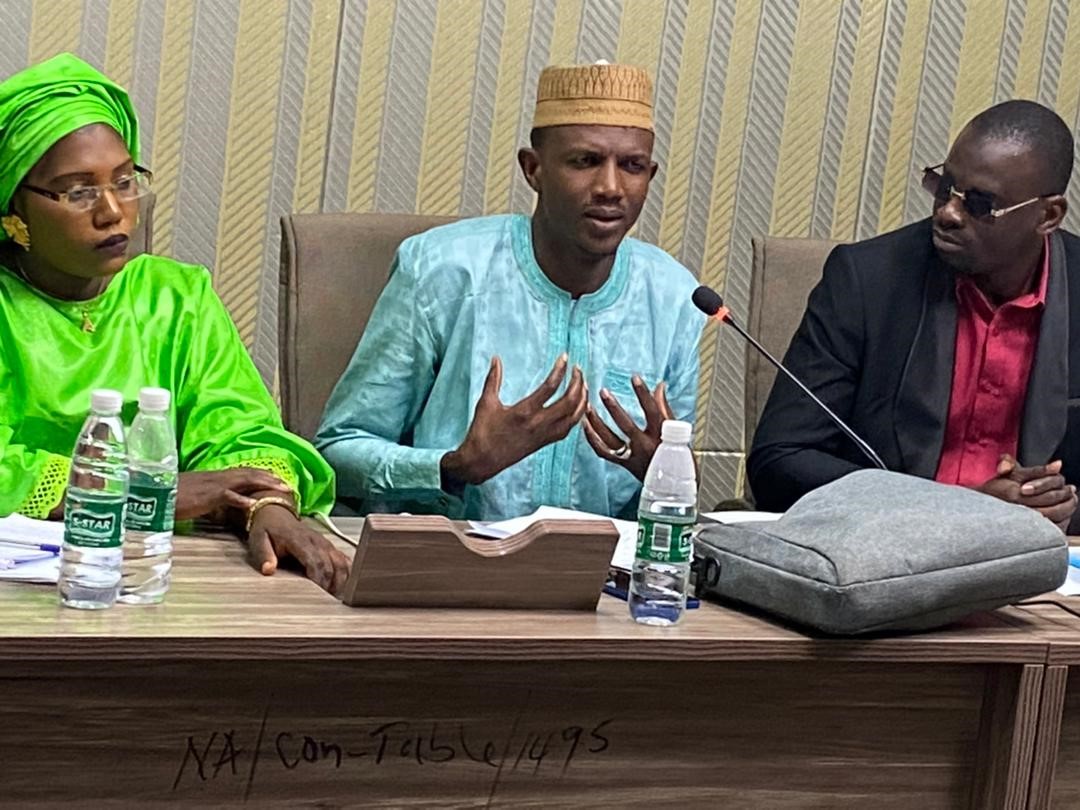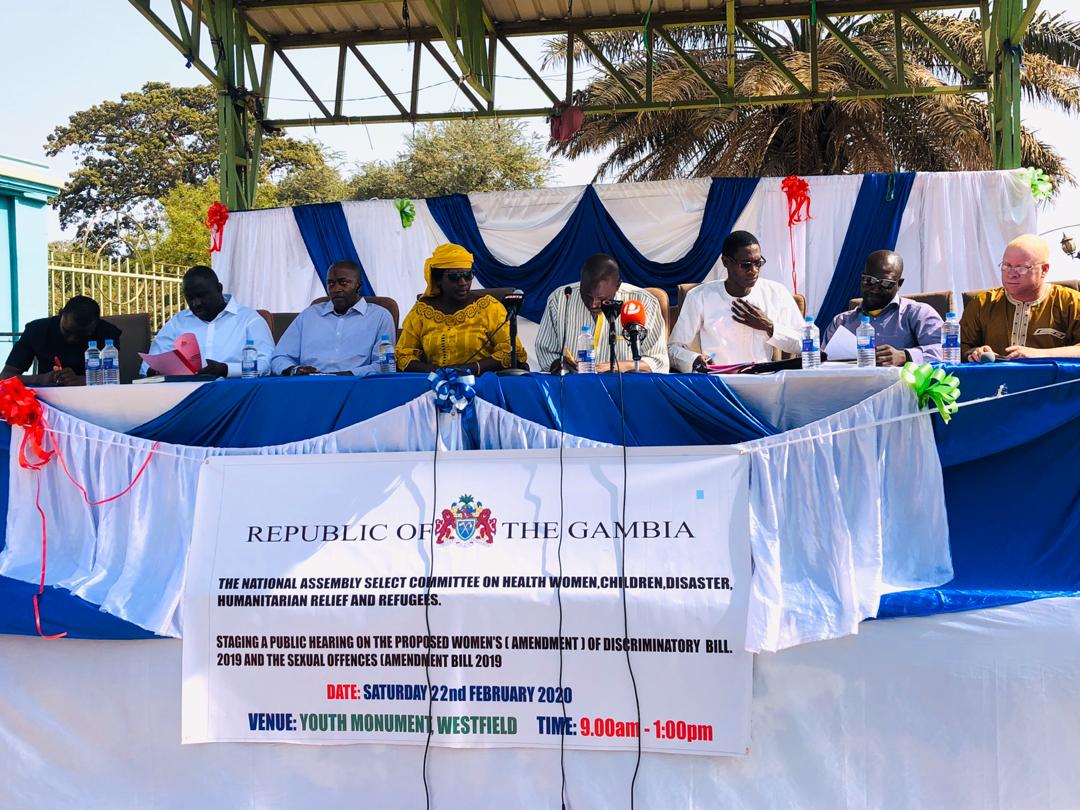By Binta Jaiteh
Honorable Musa Badjie, National Assembly Member for Tallinding Constituency has described the suspension of the 371 Public Health Officers by the Personnel Management Office (PMO) as a “Technical Blunder by PMO.”
He made this observation on Tuesday as the Ministry of Health delegation appeared before the Assembly’s Health Committee at the Parliament, noting that PMO should have contacted the Ministry to get a reaction on the impact before the suspension.
“If the Ministry says the public health officers were not sensitive to the plight of Gambians by going on strike, and again the ministry issued two months suspension, my concern is that the ministry also didn’t consider the plight of Gambians leaving 371 public officers out of work. Who would render that service in their name?” he asked.
He added that the ministry comprises of different officers, and if they were trying to upgrade their working conditions, they should have looked at it technically.
He suggested that the Ministry supposed to start with the lower rank and include their officers, as they cannot start an upgrading system with the other senior officers.
He said they have understood that nurses and doctors went on strike, “but my question is why this particular case is different? Are you telling the Gambians that these people are the least important officers? The doctors went on strike and we know how important their service is to the Gambian people.”
Muhammad Lamin Jaiteh, Permanent Secretary at the Ministry of Health confirmed that the suspension was not made by the Ministry of Health, and that it came from the Personnel Management office. He noted that the only time they could suspend is if they consider a disciplinary measure that is when the law is broken.
He said it was clear that the sit-down strike of more than a month was legally required and that is why the duty bearers will have to apply that law.
He told the committee that his ministry was doing everything possible to engage the officers through various channels and mechanisms they were using to reach out to them, also accepting all the utterances that were coming from their executive. He added that none of that influence the ministry to take drastic action
According to him, the issue of the uncalled allowances for nurses had been a long-standing challenge and both the ministry and personnel management offices were considering working on that, which was probably the reason why the first phase had to cover the Nurses.
He said the misconception around the proposal of the allowances for doctors is that it was not targeted for doctors, that it was all inclusive and it was for PhD holders, that it was not only doctors that hold PhD, and if a Public Health Officer got it he or she would be entitled.
“Starting with the nurses does not mean we are isolating the other cadres, in fact as soon as the payment of nurses began, work immediately started to compile for other cadres, this particular cadre is probably the public and environmental officers that are being surfaced here, but the allowance that has been prepared is for all other cadres that were not included in the first phase that includes the laboratory staff, lab staff, pharmacist and public health workers,” he concluded.




